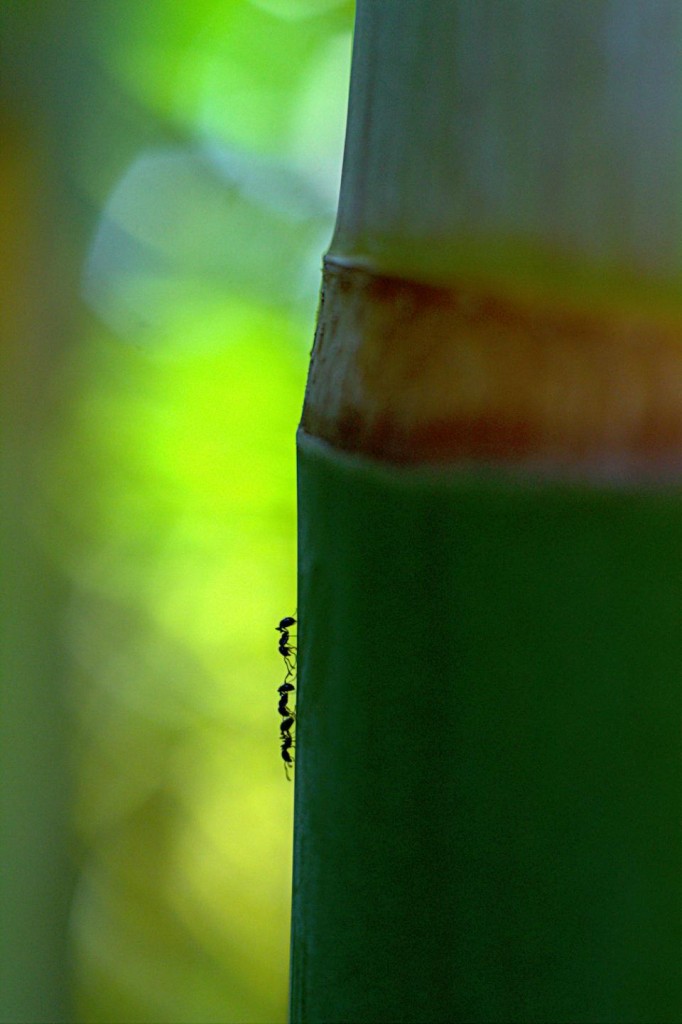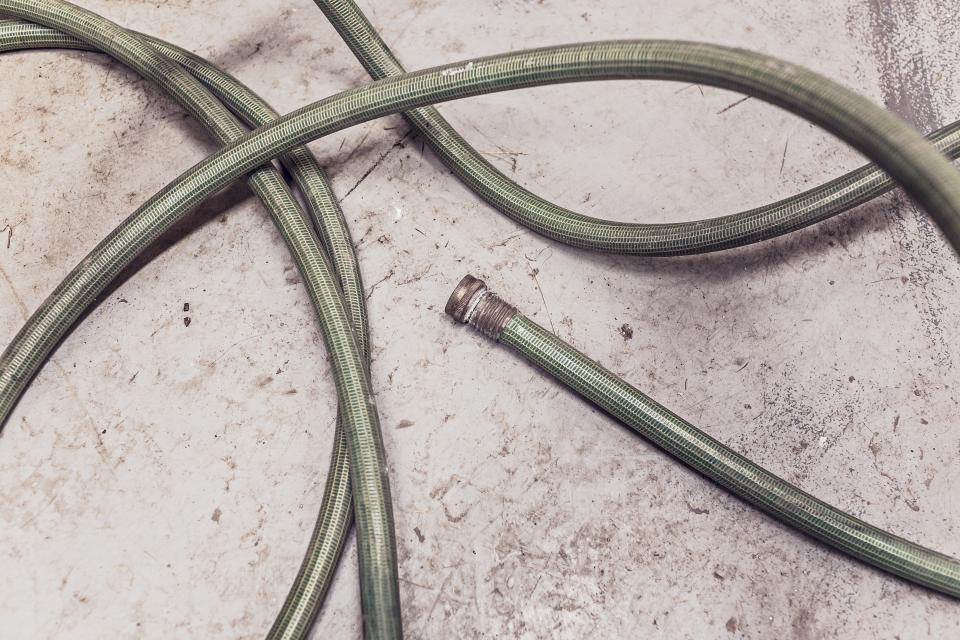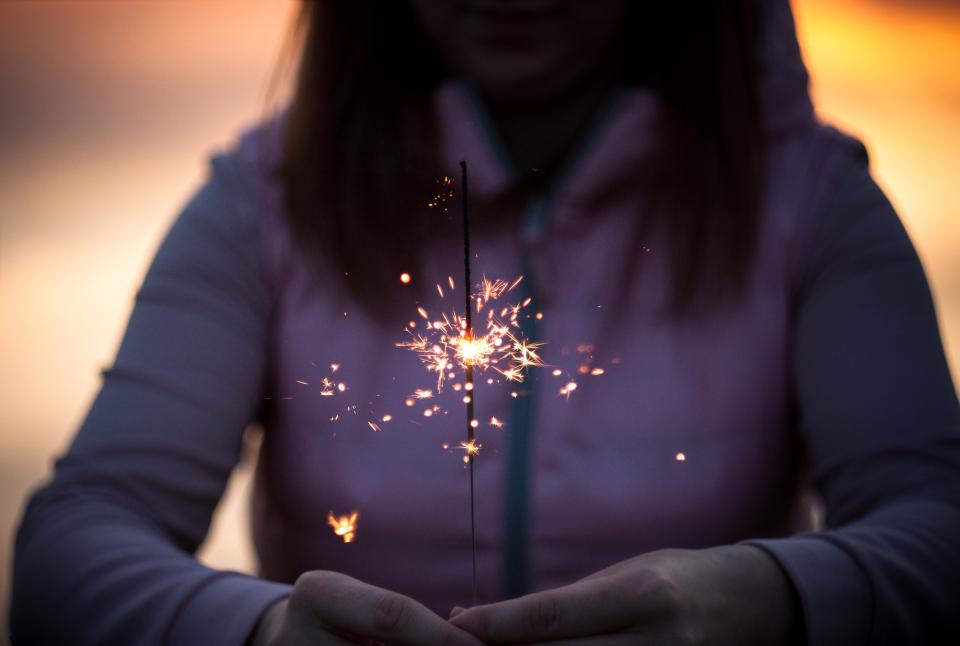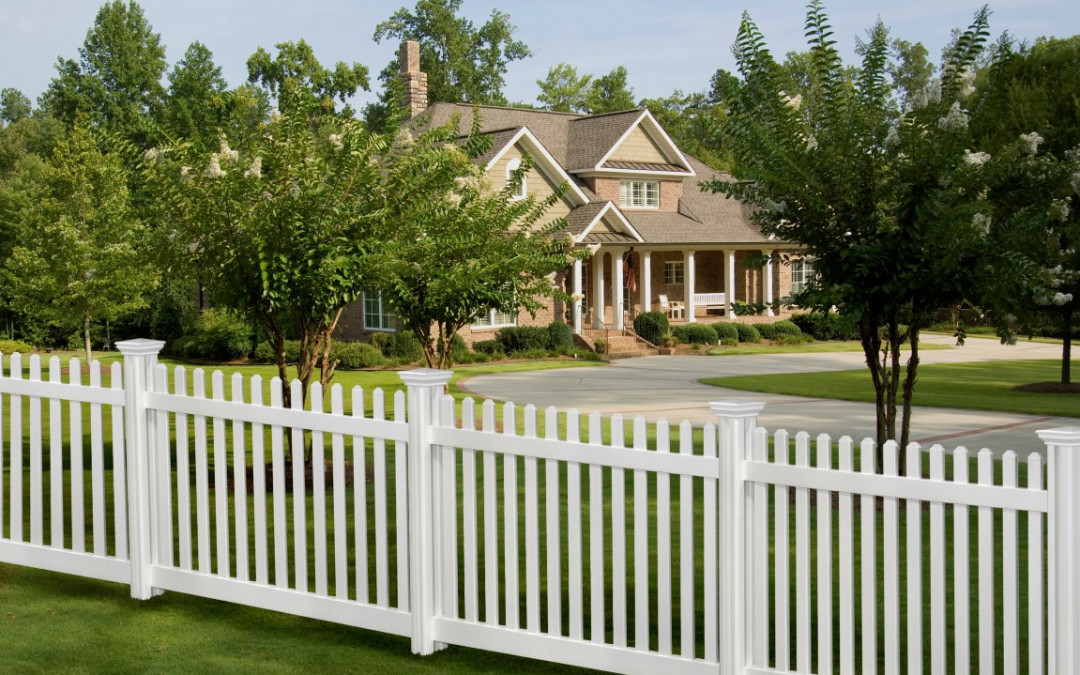Do you own a vinyl fence? Are you thinking about installing a vinyl fence on your property? If you said yes to either question, there are a number of facts regarding vinyl fences you need to know about. These fences are some of the best on the market—incredibly durable, aesthetically pleasing, and fairly easy to maintain—making them a great purchase if you don’t already have one. No matter where you fall on the spectrum of vinyl fences—either already owning or almost owning one, the following facts are sure to be both interesting and helpful to you.
Check Out These 10 Facts About Vinyl Fences
- Vinyl Fences Can Last More Than 20 Years: If properly cared for, your vinyl fence can last up to twenty or even thirty years. Most vinyl fences come with a lifelong warranty because the product is always built to last. Vinyl is made from a plastic material known as ethylene, and chlorine. The combination of these two elements creates Polyvinyl Chloride (PVC) resin which is highly durable.
- Vinyl Fencing is Environmentally Sound (Despite Being Man Made!): Most people associate manmade materials with environmental harm, but this is not true of Vinyl. Unlike most plastics, vinyl comes from natural sources and uses little to no fossil fuels during production. This means that there is a small amount of carbon dioxide released as vinyl is being made. Ethylene is found in crude oil and natural gas, making it a more natural type of plastic, and chlorine is found in everyday salt. In addition to this, PVC is a recyclable material.
- Vinyl Fencing is Impervious to Pests: As vinyl is so durable, it can stand up to regular pests that can be found in your yard. Unlike a wooden fence, insects cannot chew, burrow, or scratch through the tough plastic of vinyl fencing. This useful feature is part of what makes vinyl fencing last so long.

- Vinyl Fencing is A Great Choice for Any Climate: Wooden and iron fences cannot last in just any climate. If you’re too near the ocean or in a spot that often rains, wooden fences can rot and become warped. Iron fences, on the other hand, can rust up and become nearly irreparable. If you live in a dry area, the harsh sun and dry winds can cause wooden fences to become dry and discolored, and iron fences to become scratched and blanched. Vinyl fences, however, have none of these problems. Both dry and moist weather does not ruin or even affect vinyl fencing in the slightest. The strong plastic makes it waterproof and allows dust to be easily cleaned off without leaving stains or scratches.
- There are Three Effective Ways to Clean Vinyl Fencing: Vinyl fencing is incredibly easy to clean. For most cases, warm water, a quality wash cloth, and some dish soap or fence cleaner is enough to get a dusty, dirty vinyl fence looking new again. For tougher stains, adding some bleach, mineral spirits, or tar remover to your routine is more than enough to get your fence looking great. Finally, for minor cleaning jobs that tackle dull, spotty, or lightly stained fences, some fence cleaner, a cloth or towel, and a good rinse are all you need. What could be easier?

- Vinyl Fences Are Easy to Maintain: Aside from the occasional cleaning, vinyl fences can totally be left alone. Maintenance couldn’t be any easier than that! They don’t need to be checked on regularly, they require minimal cleaning as mentioned, and will look great for months or even years when left completely alone.
- Vinyl Material was First Invented in 1913: Vinyl material was first invented in 1913 when German inventor Friedrich Heinrich August Klatte took out a patent on PVC. However, PVC gained traction in the U.S. after BFGoodrich hired Waldo Semon to develop a synthetic material to replace natural rubber. From here on scientists began looking to further develop the versatile material. Since its conception, vinyl has risen to be the second largest manufactured solid plastic resin in the world!
- There are Two Types of Vinyl Fences: The two types of vinyl fences are virgin vinyl and recycled vinyl. Virgin vinyl is the most common type of vinyl as it is the most widely developed and used. It is made from PVC, polypropylene, nylon, and polythene and is extruded from virgin resin. Recycled vinyl is made from recycled plastics and is usually of a lower quality than virgin vinyl.
- Vinyl Fences Self-Extinguish: Did you know that vinyl fences can burn? Most vinyl fences have a flash point of 900 degrees Fahrenheit—and they don’t easily ignite. If you were to hold a flame to your vinyl fence, it will burn. However, once you take the flame away, the fence will self-extinguish itself. This is great news for summertime barbecues, backyard fireworks shows, and other fire-related mishaps! If exposed to extreme heat, vinyl fencing will not continue to burn, but melt, lowering risk of stray embers and prolonged fire.
- Vinyl Fencing is Non-Toxic: Unlike many plastic materials, vinyl fencing is not treated with harsh and hazardous chemicals. As vinyl is recyclable, it is spared from being treated or coated with such chemicals as to protect the surrounding environment. What’s more, since vinyl fencing is made from natural materials, harsh chemicals are not needed for protection, durability, or other reasons.

As you can see, vinyl fencing is a great choice for your home. Not only does it look great, but it reduces your carbon footprint considerably, is super easy to take care of, and it won’t succumb to the usual issues of weather and pests. If you already have vinyl fences, we hope you appreciate them a bit more! If you’re still thinking about installing vinyl fencing of your own, we hope this article helps inform your decision!


Trackbacks/Pingbacks